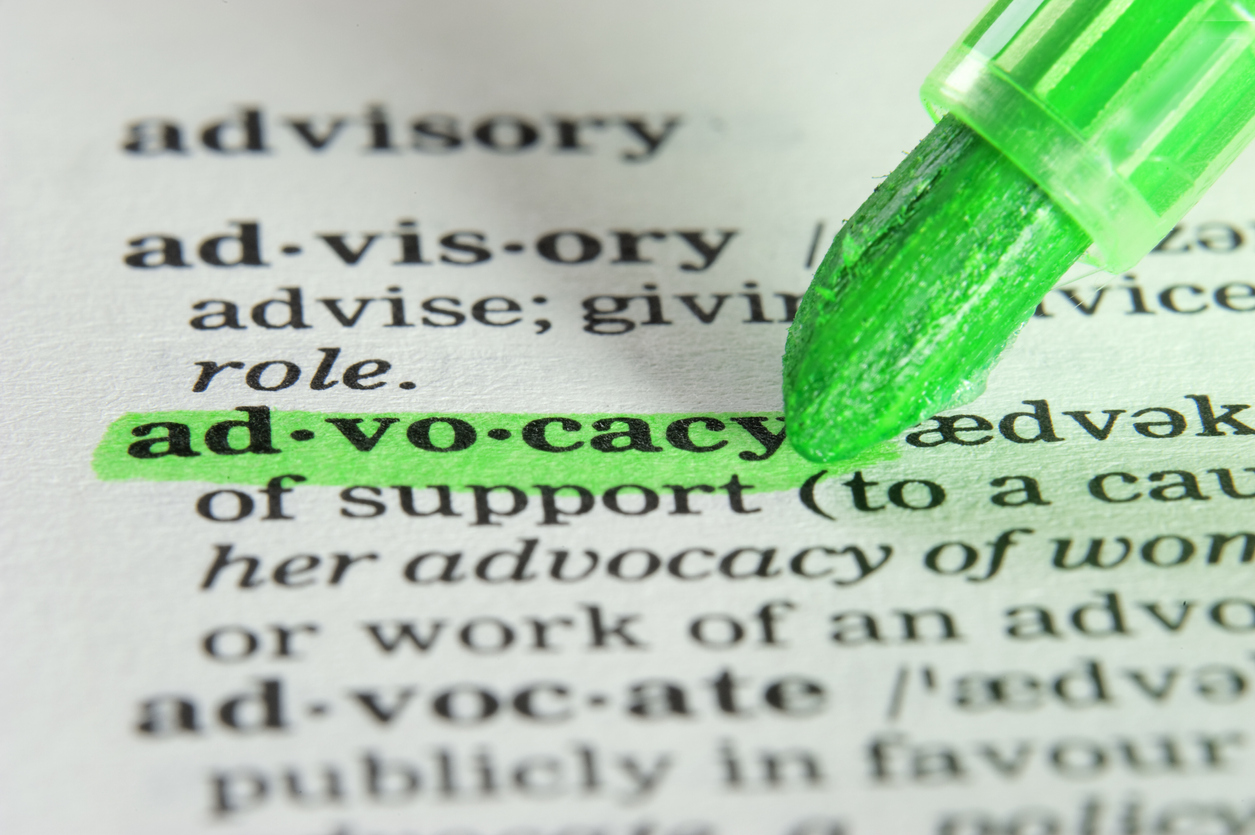Living with Chronic Pain
Why Is Self-Advocacy Important?

What is self-advocacy?
When living with chronic pain, long-term illness, or a disability, it is often necessary for individuals to advocate for themselves in order to receive the care and resources they need. This may include advocating for themselves with physicians, employers, hospitals, pharmacies, or other groups, such as disability resource offices. Successful self-advocacy ensures needs are identified, personal goals are set, and concerns are shared with a physician. Additionally, it can build confidence, ensure informed health care decisions are made, and secure control of ongoing self-care.
Why is self-advocacy important?
Self-advocacy, or self promotion, is important in many aspects of life. It is especially critical in the healthcare system, where individuals who do not self-advocate may encounter negative experiences or poor health outcomes. Five reasons why self-advocacy is important include, but are not limited to, the following:
- Self-advocacy ensures that individual needs are met. Effective healthcare actions typically differ per individual. Being a self-advocate helps ensure that healthcare is tailored for the individual, meets their specific needs, and reflects their goals, values, and preferences.
- Self-advocacy allows a person to stay in control of their life as much as possible. Individuals with chronic conditions or other health concerns often experience times of uncertainty and situations that may be out of their control. Self-advocacy launches a more positive outlook by creating authority of oneself instead of helplessness.
- Self-advocacy can lead to improved health outcomes. Individuals who self-advocate ask questions when something is not understood, become actively involved in treatment decisions, locate and utilize support resources, and seek second opinions when needed. A person who self-advocates is also more likely to expect solutions to medical problems and have higher expectations for care, as opposed to accepting a problem or a subpar solution.
- Self-advocacy helps counteract bias in the healthcare system. Individuals who are part of a minority, (due to race, ethnicity, sexual orientation, religion, culture, etc.), may experience bias in the healthcare system. This bias may lead to a missed diagnosis or inadequate treatment. Self-advocating against bias by bringing it to the medical professional’s attention or reporting it to managers in a healthcare system can lead to better outcomes. It can also help reduce and eliminate healthcare bias in general.
- Self-advocacy builds trust in the doctor-patient relationship. Trust is built with a medical team when individuals understand their conditions and treatment options, ask for what they need, and receive appropriate care. This creates a safe environment for voicing questions, concerns, and sensitive topics related to their medical care.
















